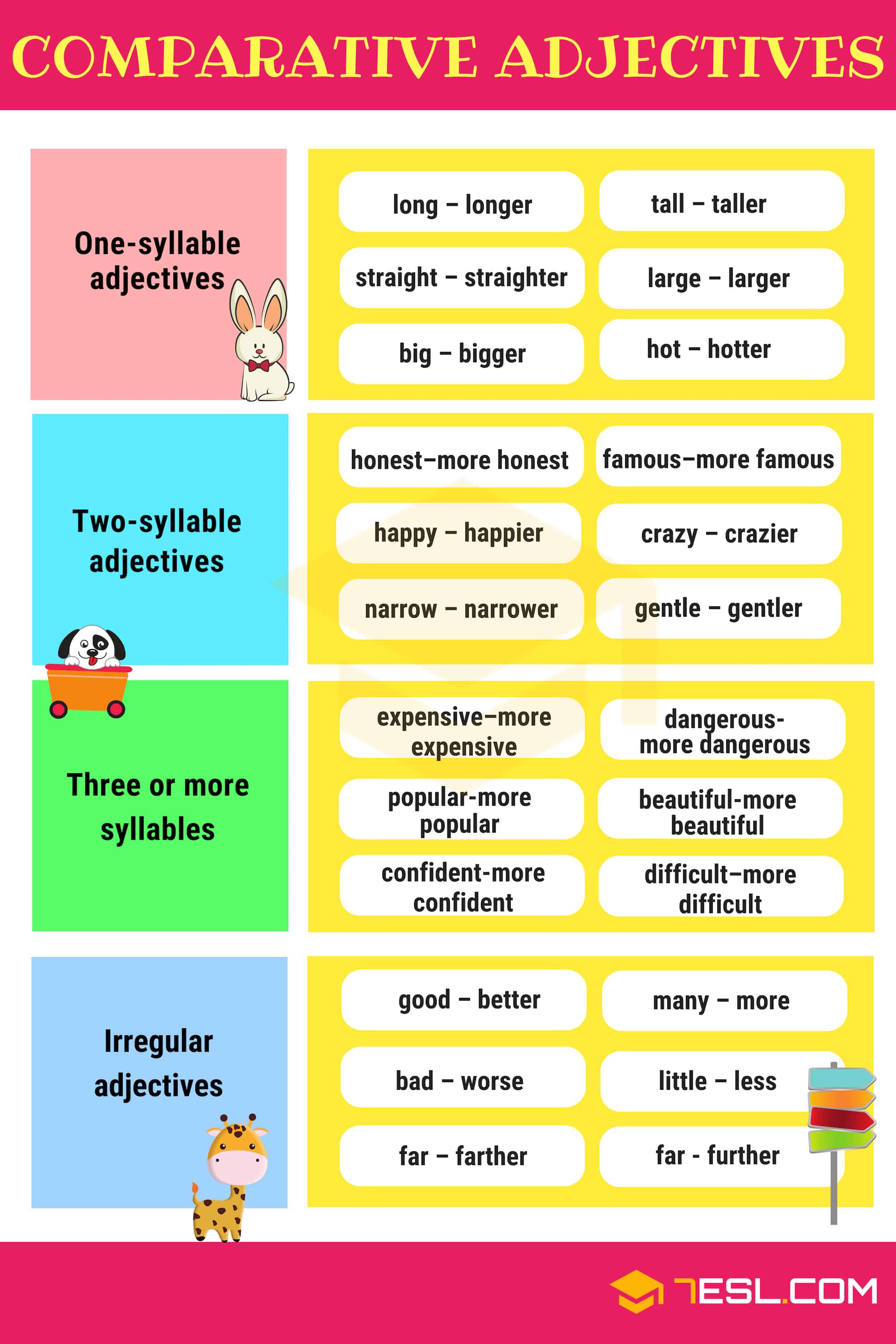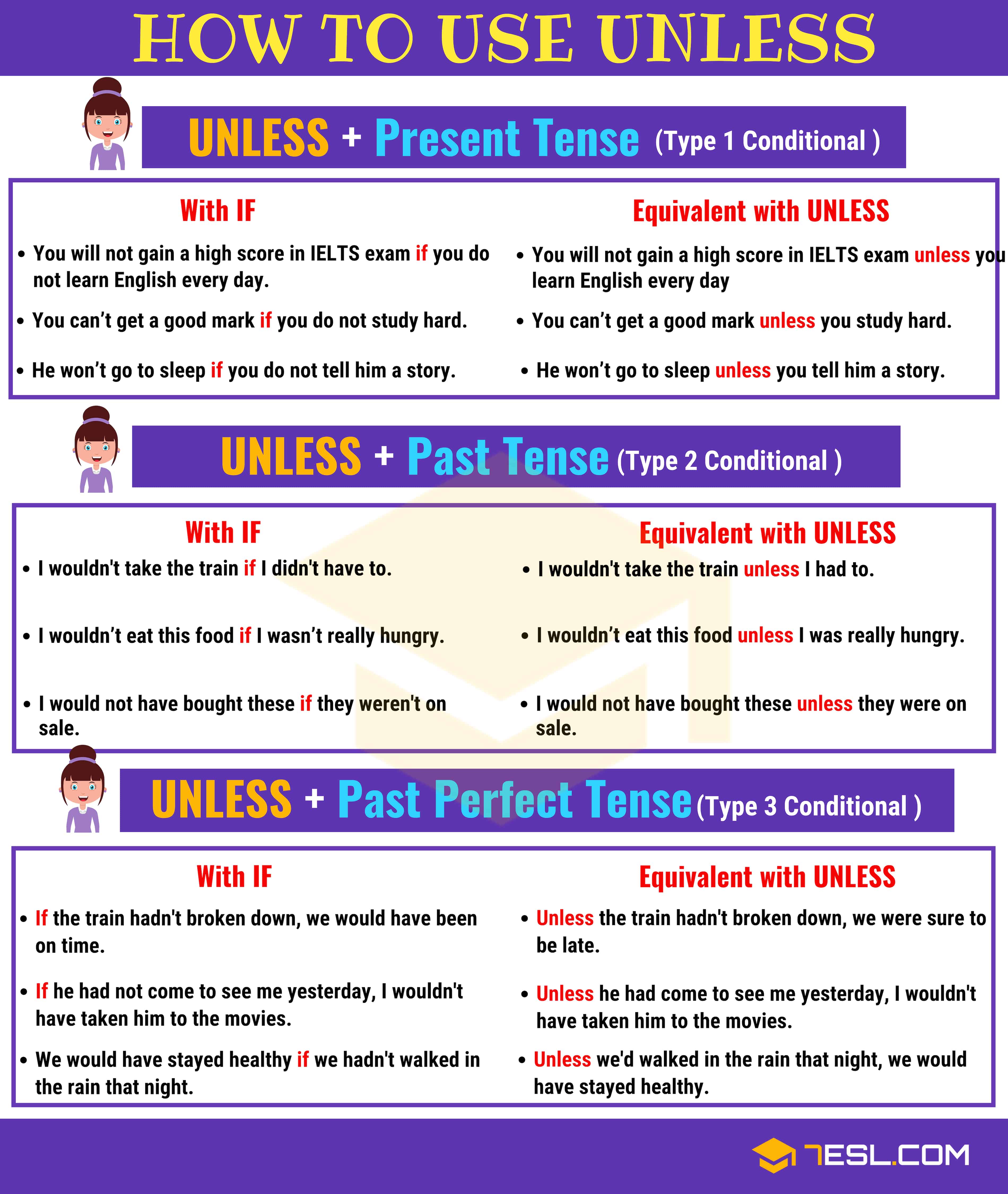What Are Adverbs of Frequency?
Adverbs of frequency tell us how often something takes place or happens.
There are lots of them. Here are some examples:
– Always: He is always ready to take on heavy responsibilities.
– Usually: We usually go to restaurant on Sundays.
– Regularly: I communicate with him regularly by letter.
– Normally: I don’t normally take my holiday in midsummer.
– Often: They often went carolling at Christmas.
– Sometimes: Sometimes, I just need someone to talk to.
– Occasionally: Occasionally Alice would look up from her books.
– Rarely: Rarely have I seen such a scene.
– Seldom: Opportunity seldom knocks twice.
– Never: He never turned up.
…



































